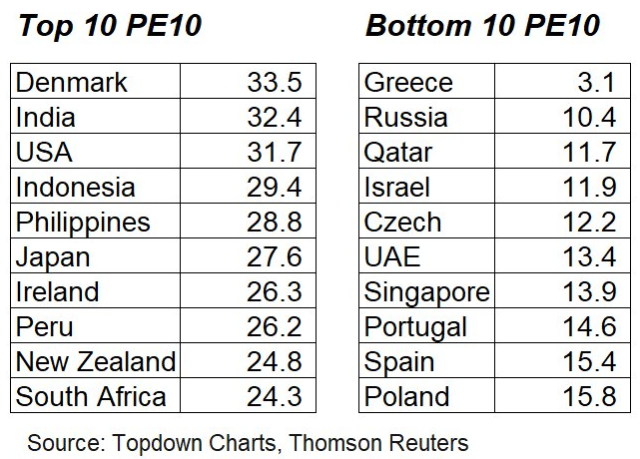 The six chapters in this book are written by six different authors: “Evidence of the Most Popular Technical Indicators” (Paul Ciana), “Everything Is Relative Strength Is Everything” (Julius de Kempenaer), “Applying Seasonality and Erlanger Studies” (Philip B. Erlanger), “Kase StatWare and Studies” (Cynthia A. Kase), “Rules-Based Trading and Market Analysis Using Simplified Market Profile” (Andrew Kezeli), and “Advanced Trading Methods” (Rick Knox).
The six chapters in this book are written by six different authors: “Evidence of the Most Popular Technical Indicators” (Paul Ciana), “Everything Is Relative Strength Is Everything” (Julius de Kempenaer), “Applying Seasonality and Erlanger Studies” (Philip B. Erlanger), “Kase StatWare and Studies” (Cynthia A. Kase), “Rules-Based Trading and Market Analysis Using Simplified Market Profile” (Andrew Kezeli), and “Advanced Trading Methods” (Rick Knox).
Ciana provides some fascinating data about the preferences of those who use the Bloomberg Professional Service. For instance, Europe opts for log charts 47% of the time and Asia only 9% of the time. Asia prefers candlestick charts, the Americas bar charts. Worldwide the most popular technical indicators (excluding moving averages) are RSI, MACD, Bollinger bands (BOLL), stochastics (STO), directional movement index (DMI), Ichimoku (GOC), and volume at time (VAT). RSI is the clear winner, with a 44.4% worldwide preference; MACD comes in second at 22%. Some indicators have geographical ties. GOC has a 10.8% popularity rating in Asia as opposed to 2.5% in the Americas and 2.8% in Europe. VAT has a 5.3% rating in the Americas and only 1.8% in Europe and 1.6% in Asia.
VAT, for those who are unfamiliar with it, is something of a seasonal indicator. For instance, “from a historical perspective, VAT considers the volume that has occurred on that day over the past X years to create the average for that day. … From an intraday perspective, VAT creates an average of volume from the actual volume that occurred during that time-slice for the past X days. In both applications VAT can be projected into the future to get an idea of expected volume.” (p. 37)



